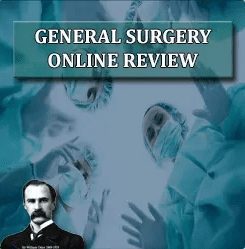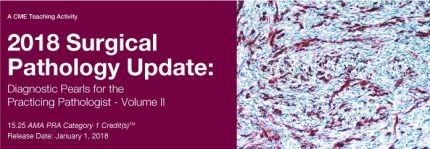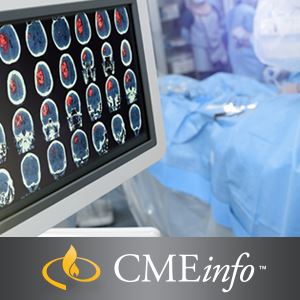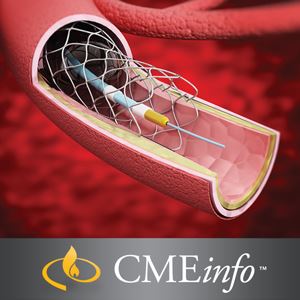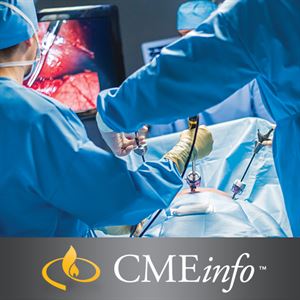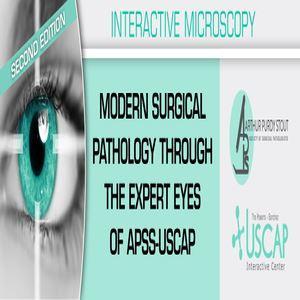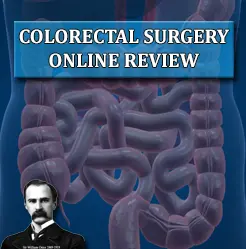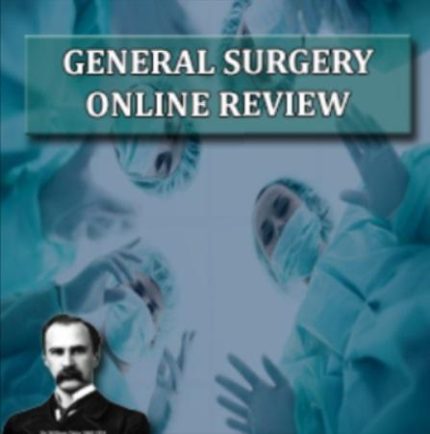Product Overview & Details for Osler General Surgery 2022 Online Review (VIDEOS)
49 Videos + 5 PDFs
File Size = 6.17 GB
Osler General Surgery 2022 Online Review ( VIDEOS)
This comprehensive review is designed to update your clinical knowledge base and help you pass your General Surgery exams. Emphasis is on evidence-based medicine and board-relevant standards of care, incorporating current best practice concepts, surgical approaches, and clinical follow-up strategies. As a result, it provides a good review for your ABS written exams and a thorough general surgery review for physicians in practice. In addition, many previous learners have found the course provided them with improved diagnostic and planning strategies, a better understanding of the best surgical approaches for the principal areas covered by general surgeons, and helped them recognize areas of weakness for self-study.
Objectives
After this review, each participant will be able to:
- Summarize the basic science fundamentals underlying patient management as applied to general surgery.
- Describe preoperative, operative, and postoperative patient care in the principal component areas of general surgery: specifical diseases of the head and neck, breast, skin and soft tissues, alimentary tract, abdomen, vascular system, endocrine system, comprehensive trauma management, and emergency operations, and critical surgical care.
- Discuss the principles of perioperative patient care in the surgical specialties of cardiothoracic surgery, pediatric surgery, and transplant surgery.
- Summarize the clinical care of patients with common problems in urology, gynecology, orthopedics, and burns.
- Demonstrate an understanding of tumor staging and describe the appropriate surgical and nonsurgical management required.
- Discuss non-operative management options for general surgery patients who may not require surgical intervention (e.g., patients with pancreatitis, portal hypertension, immunosuppression, multiple traumas).
- Outline the appropriate use of newer diagnostic and therapeutic methods such as laser-based applications; stereotactic breast biopsy; physiologic testing and evaluation of the GI tract; noninvasive vascular system diagnostic evaluation and invasive vascular interventional techniques; ultrasonography of the head and neck, breast, and abdomen; and endorectal ultrasound.
Faculty & Topics
Cory Barrat, MD, FACS, FASCRS
Senior Staff Surgeon,
The Jewish Hospital – Mercy Health,
Cincinnati, OH
Anorectal and Colorectal – Benign Disorders, Anorectal and Colorectal – Malignant Disorders, Small Bowel and Spleen
Release Date: July 29, 2022


